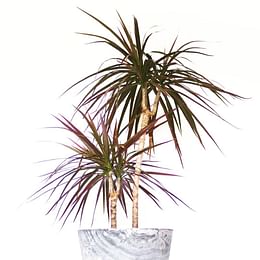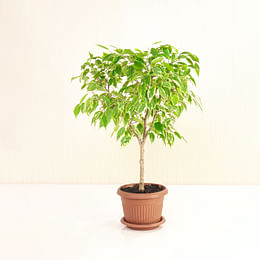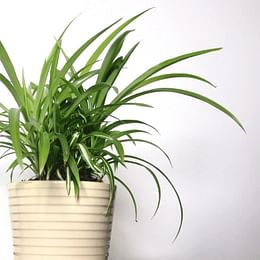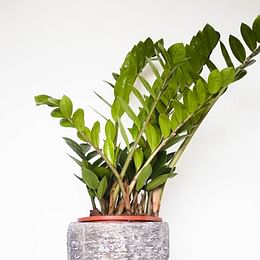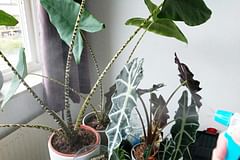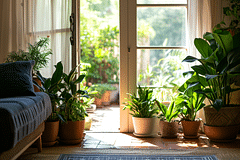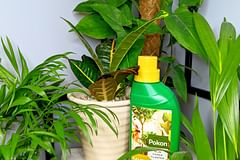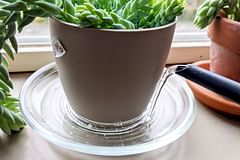Plants in Your Bedroom: Good or Bad?
Are plants in your bedroom good or bad? Let's put the myth of plants being dangerous for your health during the night to rest and let's look at what research has found! Let's improve the air quality, help you breathe, and improve your sleep quality!
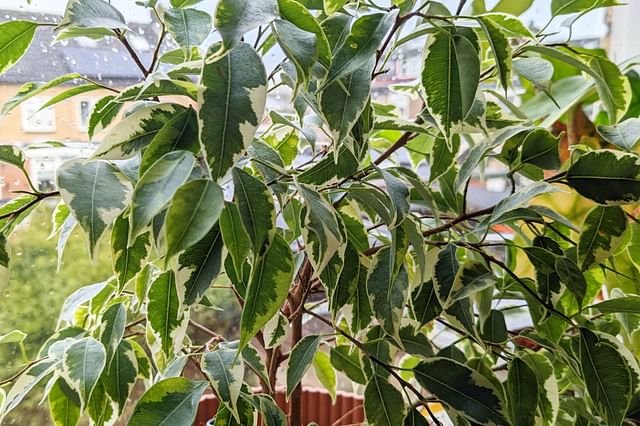
Sleeping with plants in your bedroom: a breath of fresh air or a breath of carbon dioxide? The answer may surprise you! Let's debunk this common myth and open your bedroom doors to the fresh air your plants can produce for you.
You might have heard that sleeping with houseplants in your bedroom is harmful because they release carbon dioxide (CO2) at night. High levels of carbon dioxide can be bad for your health, so it's normal to feel concerned. However, by looking a little closer at the science, you can see why you don't have to worry about getting sick.
Disclaimer: I'm not a scientist, I'm just an enthusiastic plant owner who's interested in learning more about houseplants and improving our health. I'm using the results of research done by scientists to help you understand why you shouldn't be afraid of having houseplants in your bedroom.
Let's learn a bit more about having houseplants in your bedroom!
Do houseplants release harmful amounts of CO2 at night?
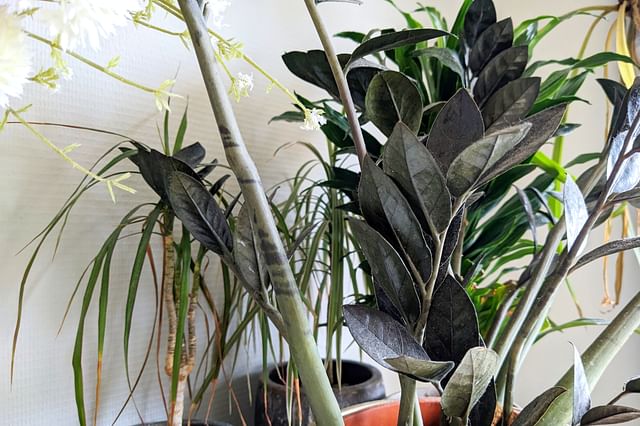
So first things first, all houseplants perform photosynthesis when they're exposed to sunlight. During this process, your houseplant absorbs CO2 and emits oxygen. This helps you breathe more easily during the day.
During the night, when there is no sunlight, the plant no longer emits oxygen but starts emitting CO2. This might sound scary, but the amount of CO2 plants emit is very small. In fact, we exhale a significantly higher amount of CO2 compared to what plants emit at night. Even in a room teeming with plants, the CO2 levels stay well within safe limits.
If you're interested in the specific numbers and methods used, you can read the research paper: Cetin, M., & Sevik, H. (2016). Measuring the impact of selected plants on indoor CO2 concentrations. Polish Journal of Environmental Studies, 25(3), 973–979.
So yes, houseplants release CO2 into the air during the night, but even if you have many houseplants in a closed bedroom at night, you're never in danger.
Are there houseplants that release oxygen during the night?
Most plants emit oxygen during the day and release CO2 during the night...but not all of them. Certain plants are a little special. They're called CAM (Crassulacean acid metabolism) plants. You can forget that term right away, but what they do to survive is very different from what most plants do.
These CAM plants are dessert plants, like succulents and cacti, and perform photosynthesis during the day, when they get enough sunlight, but don't absorb any CO2 while they do this. Instead, they absorb CO2 during the night and store it for use during the day.
Most plants don't work like this, because storing CO2 costs quite a bit of energy. The reason dessert plants do this is because plants need to evaporate moisture to absorb CO2 and you can imagine what happens with moisture during the day in the dessert. The plant would lose too much moisture and die from being too dry. Nature is incredible, isn't it?
So do the houseplants have any effect on the air quality in a bedroom? Let's find out!
How do houseplants affect air quality?
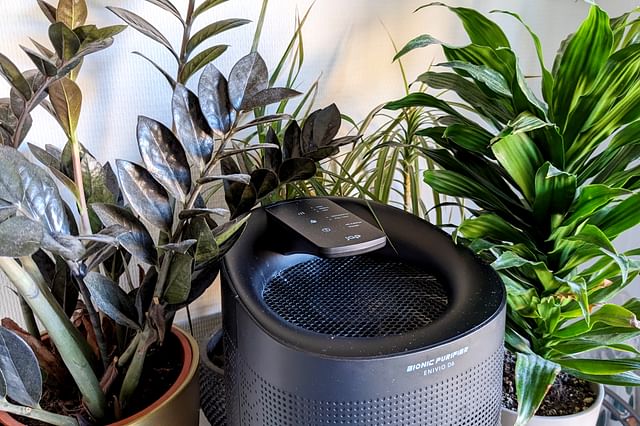
You might have heard that some plants filter the air and clean it. But what does this actually mean? Luckily, the study I linked in the previous section has actual numbers to prove how well plants filter the air in a bedroom.
The researchers tested 5 common air-purifying plants:
- Ficus elastica
- Yucca massengena
- Ocimum basilicum
- Sinningia speciosa
- Codiaeum variegatum
You might already have some of these growing in your house because they're quite common houseplants. The study found that all of these plants lowered the concentration of CO2 in the small controlled chamber during the day, making it easier to breathe. And while these plants emit CO2 during the night, they absorb more of it during the day. So overall, they're actually removing the CO2 from the room slowly but steadily.
Another study "Use of living pot-plants to cleanse indoor air", actually gave a number for the CO2 reduction in an office building and mentioned that if you're running air conditioning, the potted plants reduce the CO2 levels by 10%, and without an air conditioning even up to 25%. So if the plants have that much effect in an office, with multiple people, imagine what it does for a small bedroom.
Can keeping houseplants in your bedroom improve sleep quality?
I hope I've put your mind at ease about houseplants being completely safe to have in your bedroom at night. I'd love to tell you that having houseplants in your bedroom makes you sleep better and helps you feel well-rested when you wake up in the morning. But I can't back it up with facts and research.
Houseplants do improve the air quality in your bedroom throughout the day and night, but I've had trouble finding research that could confirm that it helped to improve your sleep quality.
However, taking care of plants has been linked to a calm and relaxed mind, which does help you sleep better at night. Even keeping plants in your bedroom that smell nice, like lavender helps you relax and sleep better.
What kind of plants are best for a bedroom?

Now you know that houseplants improve the air quality in your bedroom and they can directly and indirectly help you sleep better at night. So which plants are best to keep in your bedroom? That's a difficult question, but I'll give you 5 options that I keep in my bedroom and are quite easy to keep alive.
Of course, choosing the right plant depends on your style and plant care experience. If you love the scent of Basil or Lavender, these are great options to keep in your bedroom as well. Just be sure to place them right next to the window, as they need quite a bit of sunlight.
Are there any steps to take before keeping plants in the bedroom?
Plants are great to have in your bedroom, but there are still a few things you'll need to consider when choosing a plant. For example, some plants could trigger allergic reactions in sensitive people and others can be toxic when eaten. These plants could be risky for places where pets or small children can reach them.
It's also important to realize that plants do improve the air quality, but they're not a replacement for proper ventilation. Make sure your bedroom is well-ventilated to begin with.
Thank you for reading this post! I hope it helps you to keep your plants healthy and beautiful! If you're looking for more guides on specific plants, you can always request a plant guide to get a guide for the plant you have trouble with.
Test your plant care knowledge
Quiz completed!
Want to learn more? Sign up for my newsletter to receive free tips in your inbox!
Sign up now!
